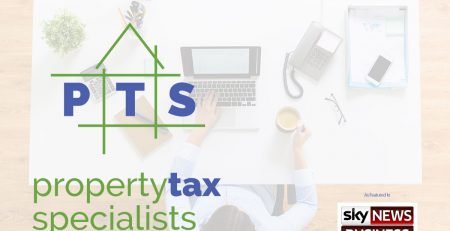Buying a Business – More than just the sale price
If you thought reaching an agreement on price was difficult, wait until you get to the fine details of buying or selling a business.
So you’ve reached an agreement on price. But, there are differences between the parties on how the sale price should be apportioned across different assets.
A solution that’s sometimes proposed is to simply show the sale price on the contract and let both sides manage their own apportionment but this depends on what assets you are buying. Try and avoid this trap.
In a typical business you might be buying plant and equipment, goodwill and stock. These assets will have different tax treatments and this is why there are differences between the way a vendor and buyer wish to allocate the price.
The goodwill is a capital asset. The vendor will calculate a capital gain or loss on the sale of the business. Even with a capital gain they may be able to reduce the tax to nil using the CGT small business concessions. For the purchaser, there is no tax deduction on the purchase of goodwill; it becomes a capital asset and a tax offset will only be available if and when the business is later disposed of.
Disclaimer:
Please note that every effort has been made to ensure that the information provided in this guide is accurate. You should note, however, that the information is intended as a guide only, providing an overview of general information available to property buyers and investors. This guide is not intended to be an exhaustive source of information and should not be seen to constitute legal, tax or investment advice. You should, where necessary, seek your own advice for any legal, tax or investment issues raised in your affairs.


